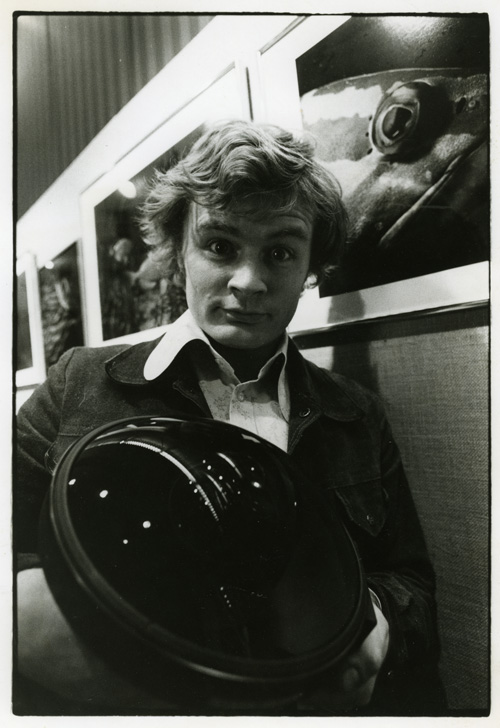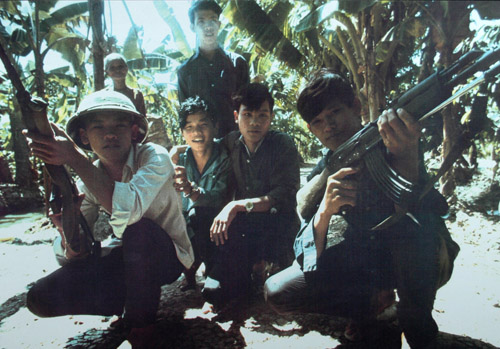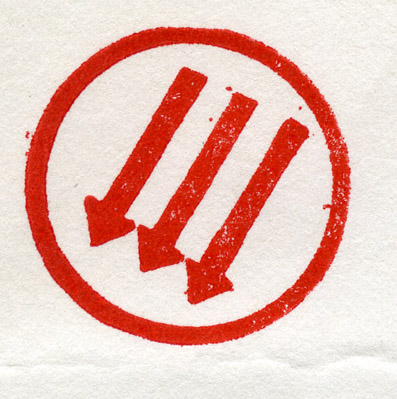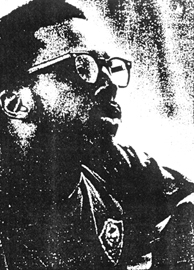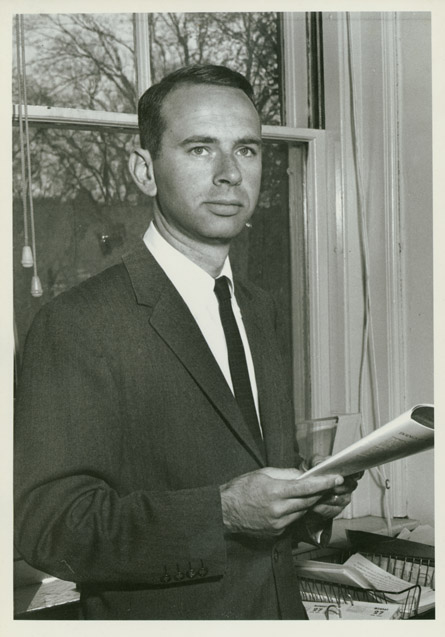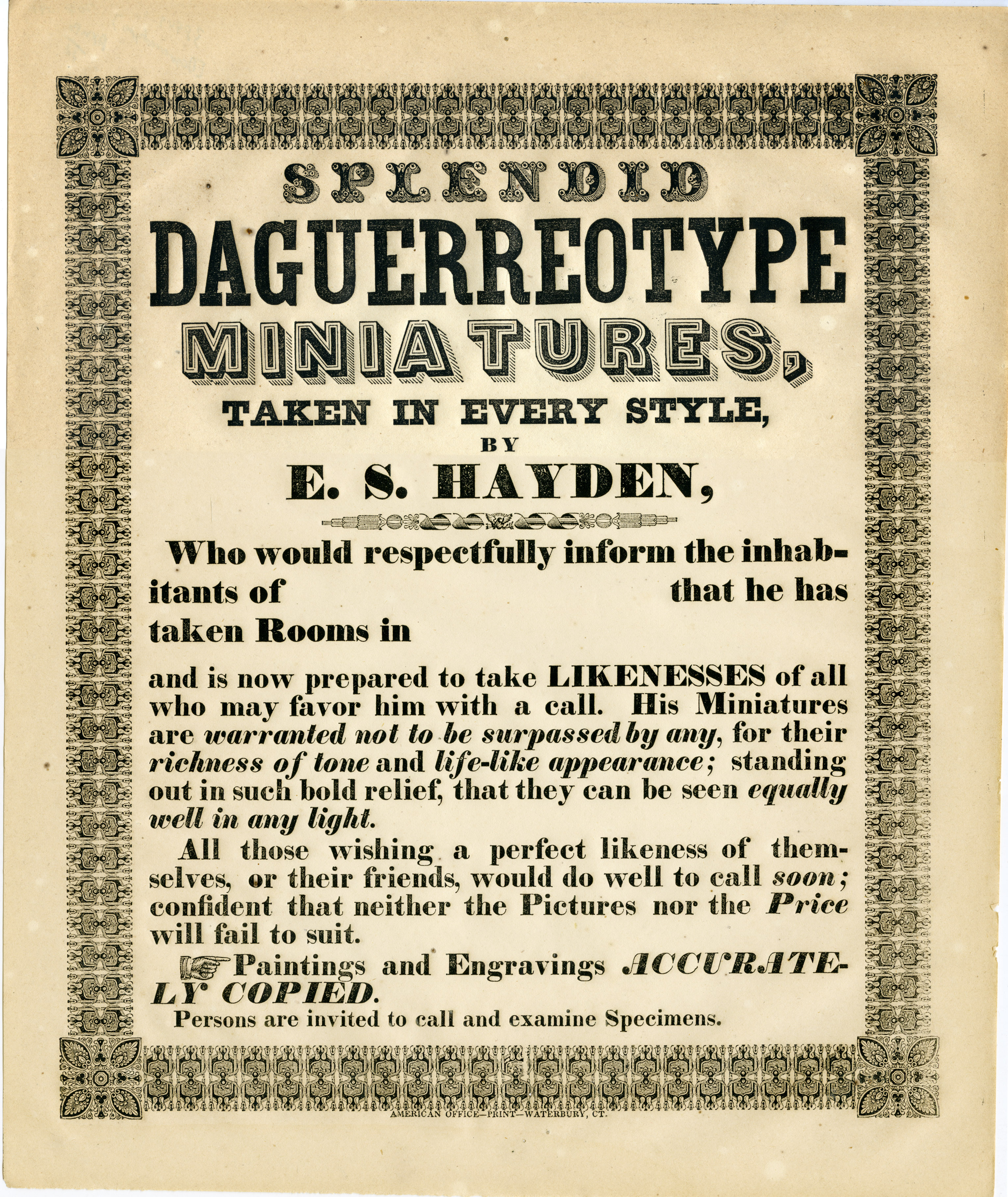Dean Albertson Oral History Collection
A long-time faculty member at UMass Amherst, Dean Albertson was an historian of the twentieth century United States with a specialty in oral history. A veteran of the Second World War, Albertson received his BA from University of California Berkeley (1942) and doctorate from Columbia (1955), joining the Department of History at UMass in 1965 after several years at Brooklyn College. The author of books on Dwight Eisenhower, Claude Wickard (Franklin Roosevelt’s Secretary of Agriculture), and the student movements of the 1960s, Albertson was interested throughout his career in new methods in research and teaching history. He died at his home in Longmeadow, Mass., on March 31, 1989, at the age of 68.
Dean Albertson’s History 384 class at UMass Amherst, required students to conduct oral histories relating to a theme in contemporary U.S. history chosen each year. Between 1975 and 1977, Albertson’s students interviewed social activists of the 1960s and early 1970s, participants and observers in the North End riots of 1975 in Springfield, Massachusetts, and war and nuclear power resisters. The collection includes transcripts of 15 interviews conducted during this period, as well as the students’ papers, which put the transcripts into context.


